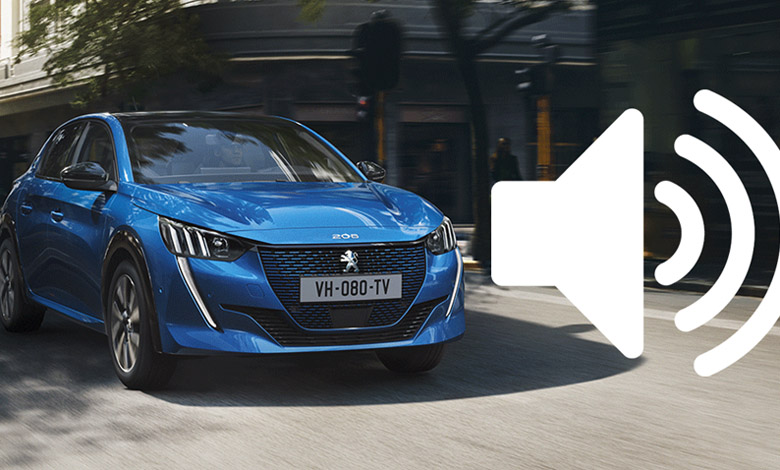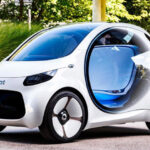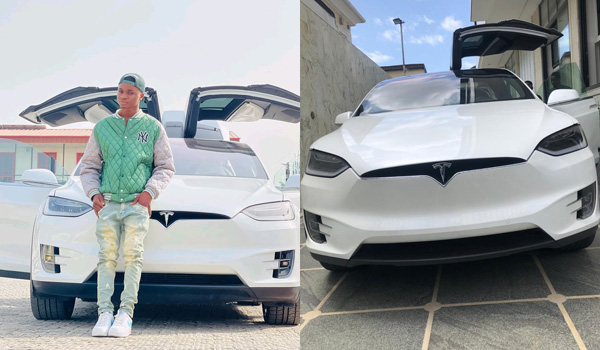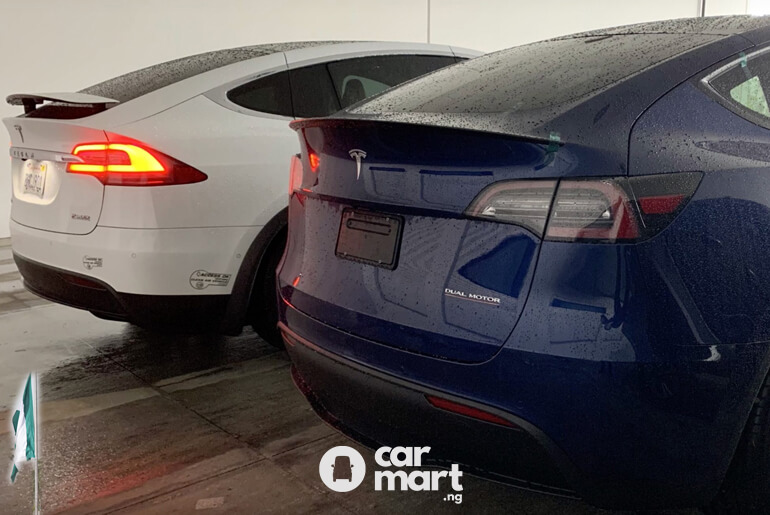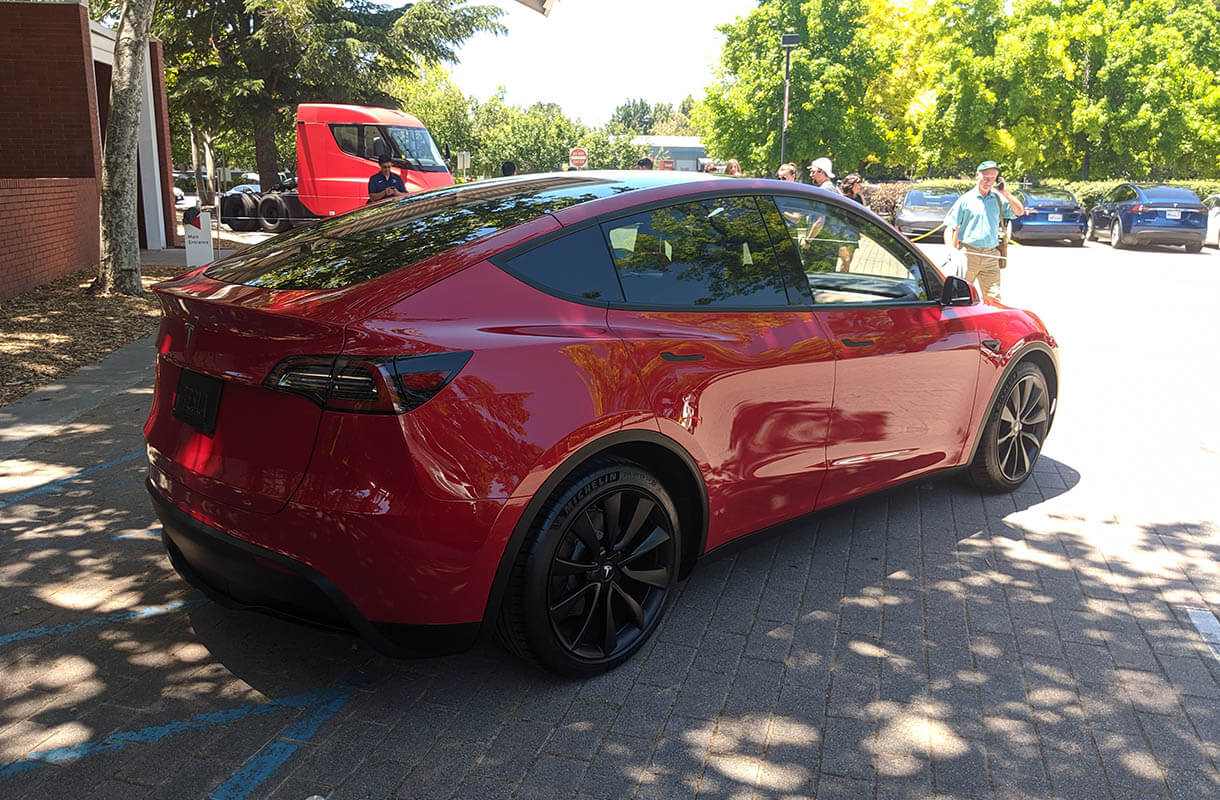Electric are loved for their sleek styles, sounds and unique charging element, but it can be even harder to spot an issue when it comes to the function of your low emission vehicle. Whether you own a fully electric or hybrid model, most plug-in cars make more muted tones than fuel engines, but what do they actually mean? These are the eight most common sounds that your EV should be making, and the unusual signs to listen out for if you’re concerned about your car.
Electric vehicles (EVs) are becoming more popular each year, with an increase in consumer demand and government support for low-emission models fuelling the market.
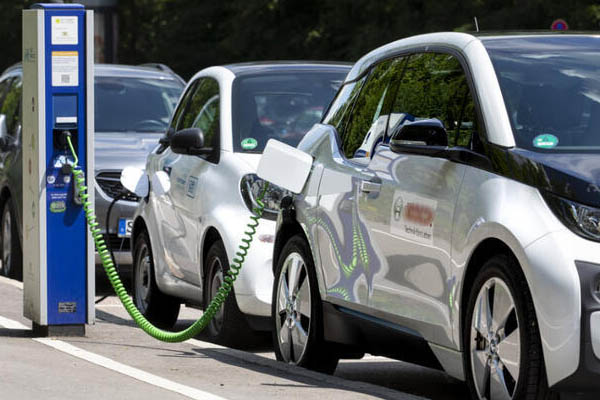
While most of these electric and hybrid models are notoriously quiet while on the roads, they do emit some sound while being driven or charged – but what are they?
These are the most common EV sounds explained to help you understand what’s normal, and what’s not for your vehicle.
1. Rolling Noise
When an EV is being driven at a higher speed, the rush of the wind resistance and tyres can make a noise that may sound unfamiliar when you’re used to driving with very little sound.
This will become more prominent if you’ve recently made the switch from a petrol or diesel car, but it is nothing to worry about. The sound simply replaces the noise from the engine.
2. Charging
Charging cars rather than filling them up with fuel is the unique selling point of electric vehicles, but it can sound odd the first few times you do it.
If you’re a new owner, then it can be hard to tell if the noise this makes is correct.
You should only hear the sound of the cooling fan while charging your vehicle, but if you notice something else – it could mean that there is something not quite right with your car.
3. Low-speed noise
New EU regulations have now made it a requirement that an electric vehicle should make an artificial noise when it’s going at a speed slower than 12mph.
Though it may not be possible to hear this from inside the car, pedestrians, especially the visually impaired, will benefit greatly from this change.
4. Artificial tones
Some EV companies have developed new ways to alert pedestrians when a car is approaching slowly, using artificial tones.
These sounds often mimic car horns that sound less urgent or intense and are more prominent outside the car than to those in the vehicle.
5. Personalised car sounds
Some companies have given drivers the option to customise their car sounds, to make it sound like any vehicle using up to five sounds in their soundtracks.
These are personal to you, so get to know your electric vehicle to familiarise yourself with these sounds.
6. Interior sounds
Unique interior sounds are used by some companies to make the driving experience more immersive.
For example, If the car is put into sports mode, the sounds of the vehicle will often mimic that particular model.
7. Hybrid vehicle error
If your hybrid vehicle is making a humming noise, chances are that the transmission pump is malfunctioning, and this could mean that there’s a problem with the torque converter.
Accelerating noises.
“In the not too distant future, petrol and diesel-powered cars will become less available, with many more electric and hybrid models taking to the roads than there were 10 years ago.
These types of vehicles are very quiet, which is great for noise pollution levels, but some drivers may be concerned that if their car does make a noise, this could mean that something is wrong. EVs can make more muted rolling, fanning, beeping and humming noises than petrol or diesel cars, and this is what they actually mean.
Have 1 million naira and above to Buy or Sell Cars In Nigeria? Check carlots.ng
All rights reserved. Reproduction, publication, broadcasting, rewriting, or redistribution of this material and other digital content on carmart.ng is strictly prohibited without prior express written permission from Carmart Nigeria - Contact: [email protected]

